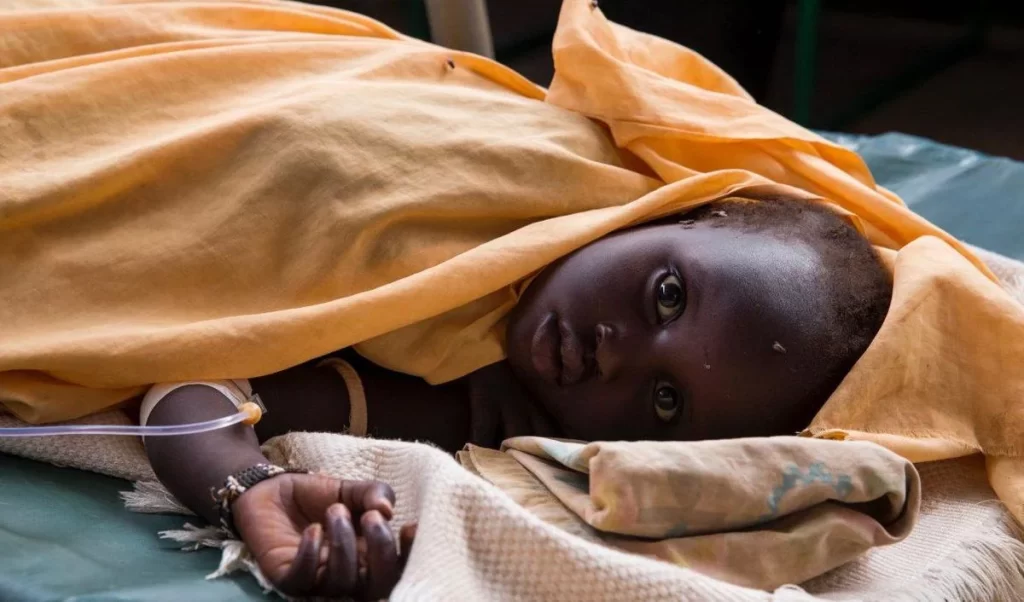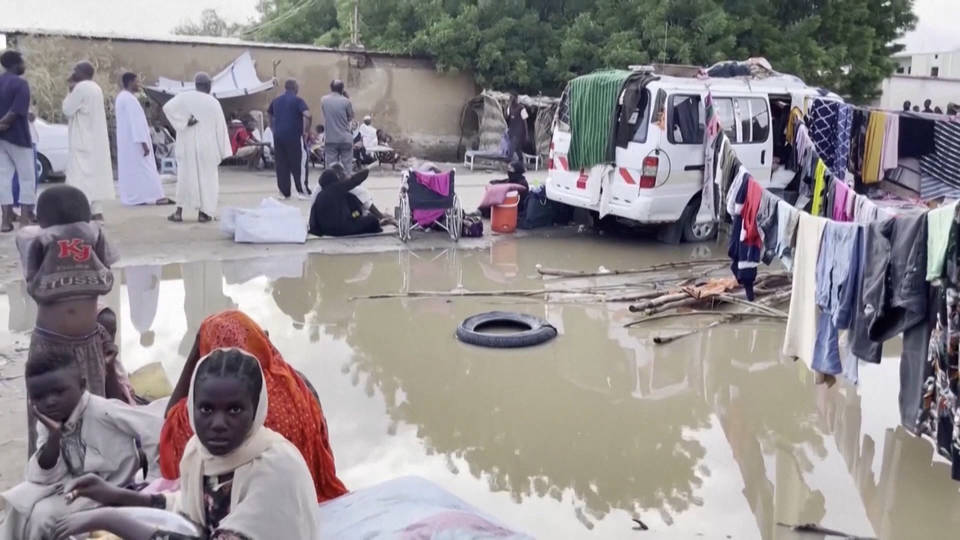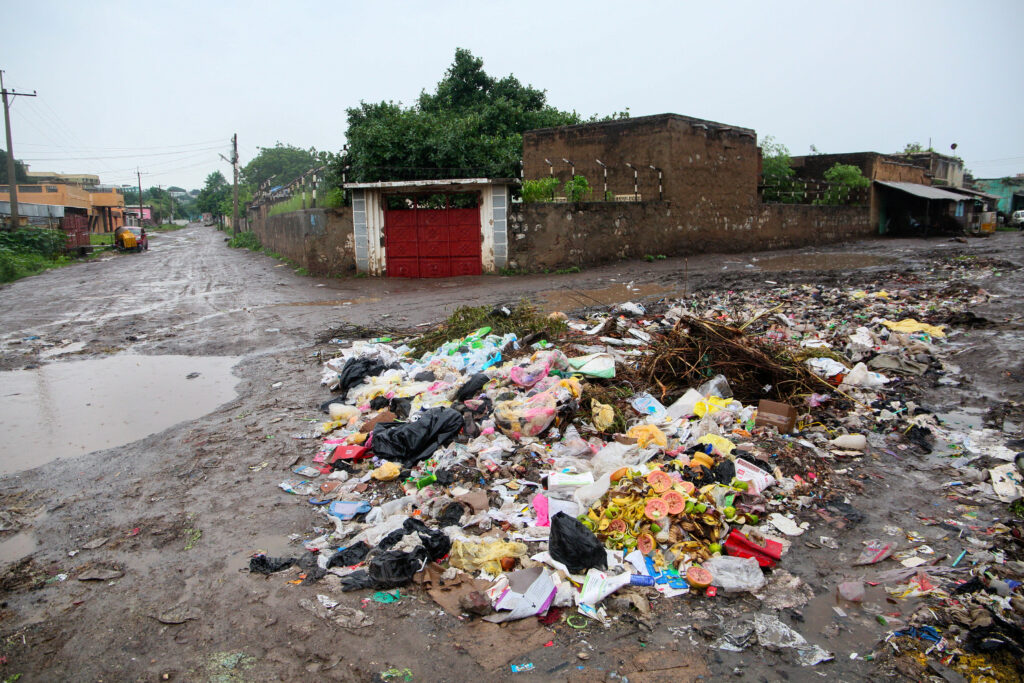Sudan is grappling with a severe cholera outbreak for the second consecutive year, compounded by ongoing conflict, mass displacement, and heavy rains, according to health officials and aid workers.

World Health Organization (WHO) country director Shible Sahbani reported that since July twenty-second, six hundred fifty-eight cases of cholera have been recorded across five states, resulting in at least twenty-eight fatalities.
The outbreak occurs as Sudan enters its sixteenth month of conflict between the national army and the paramilitary Rapid Support Forces (RSF). This conflict has led to one of the world’s largest humanitarian crises, displacing more than ten million people within Sudan and across its borders.
Sahbani expressed concern over the high mortality rate, with four point three percent of cases resulting in death, significantly higher than typical for cholera outbreaks. He estimates that approximately two hundred thousand people are at high risk of contracting the disease.
Sudan’s Health Minister Haitham Mohamed Ibrahim reported that the previous cholera wave, from October two thousand twenty-three to May two thousand twenty-four, resulted in about twelve thousand cases and more than three hundred fifty deaths. He noted that there had been no major outbreak in the nine years preceding the current conflict.

The ongoing war has severely damaged Sudan’s health infrastructure, with many facilities destroyed or rendered non-functional due to staff displacement. The country is simultaneously battling five disease outbreaks, including dengue fever and measles.
The current cholera outbreak is centered in Kassala and Gedaref states, which collectively host one point two million displaced persons. Conditions in these areas are conducive to the spread of cholera, with crowded displacement centers, overflowing latrines, and stagnant rainwater mixing with refuse.
International experts have declared a famine in Darfur’s Zamzam camp, an area particularly vulnerable to cholera due to flooding and poor sanitation.
Sahbani highlighted the challenges in delivering aid, citing security constraints, bureaucratic hurdles, and roads rendered impassable by heavy rains. He announced that the International Coordinated Group for vaccine allocation (ICG) has approved the delivery of four hundred fifty-five thousand cholera vaccine doses to Sudan.

Minister Ibrahim stated that the government has resorted to “unorthodox measures,” including air drops, to deliver vaccines and supplies to areas controlled by the RSF and isolated regions under army control.
Both officials emphasized that the humanitarian needs in Sudan far outweigh the current aid efforts, with the United Nations’ humanitarian appeal for the country only about one-third funded.
As the rainy season continues and conflict persists, health officials warn that the cholera outbreak could spread to other regions, including Khartoum, Gezira, and states in the Kordofan and Darfur regions.
Reuters



